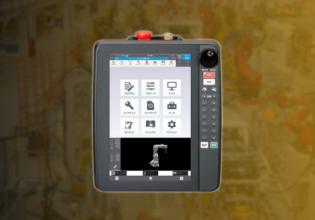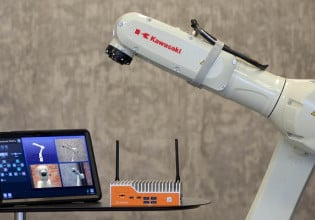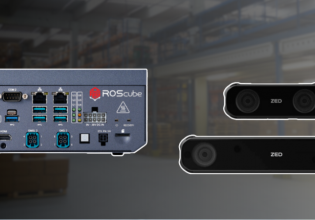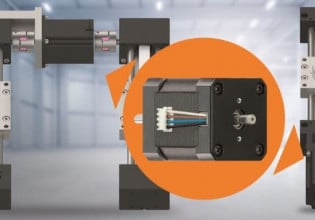O
Dear All,
I am a mechanical engineer having a masters degree. I am still looking to get into a GT or ST field engineering role in middleast. Can anyone please guide me which direction i should start preparing for the interview so i can really out stand and at least know all the expected info while appearing for the interviews. I am looking for a specific direction, otherwise the scattered material on internet is making it difficult what to study and what notes should i take.
Best Regards,
I am a mechanical engineer having a masters degree. I am still looking to get into a GT or ST field engineering role in middleast. Can anyone please guide me which direction i should start preparing for the interview so i can really out stand and at least know all the expected info while appearing for the interviews. I am looking for a specific direction, otherwise the scattered material on internet is making it difficult what to study and what notes should i take.
Best Regards,






